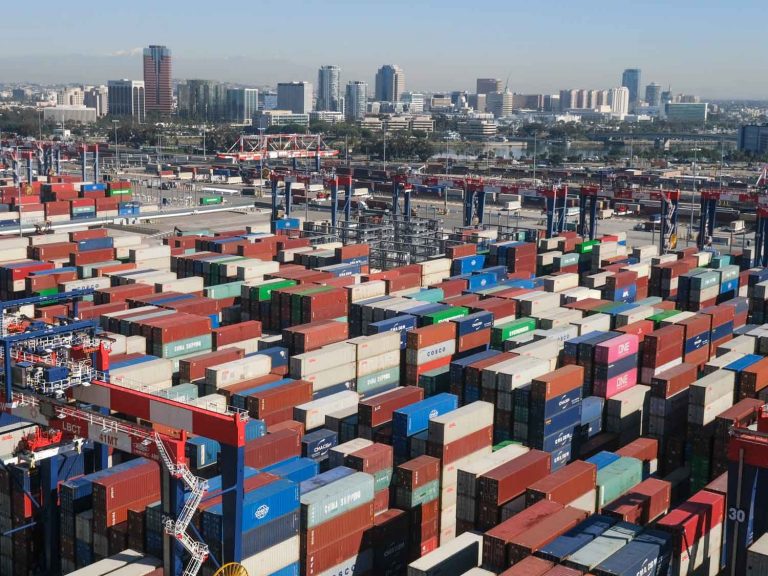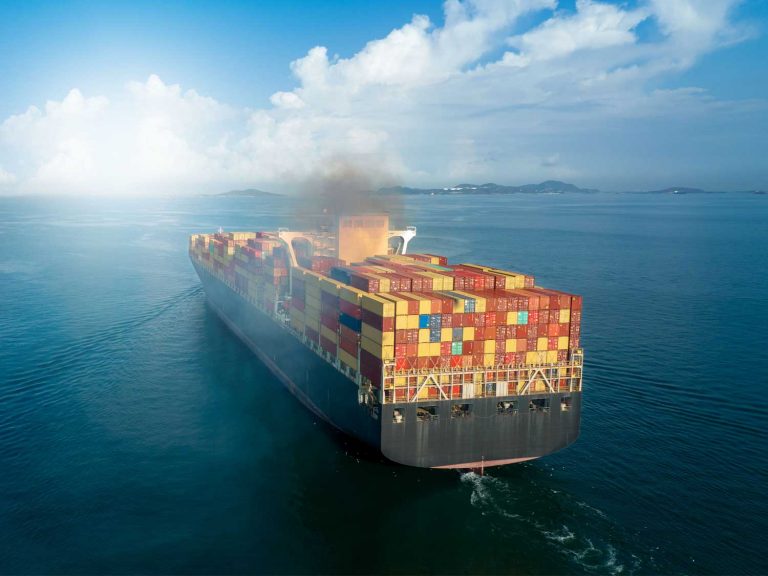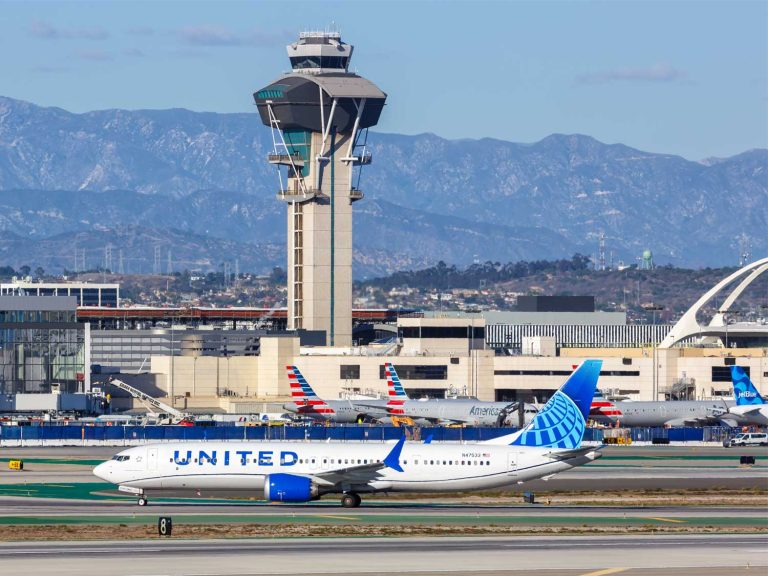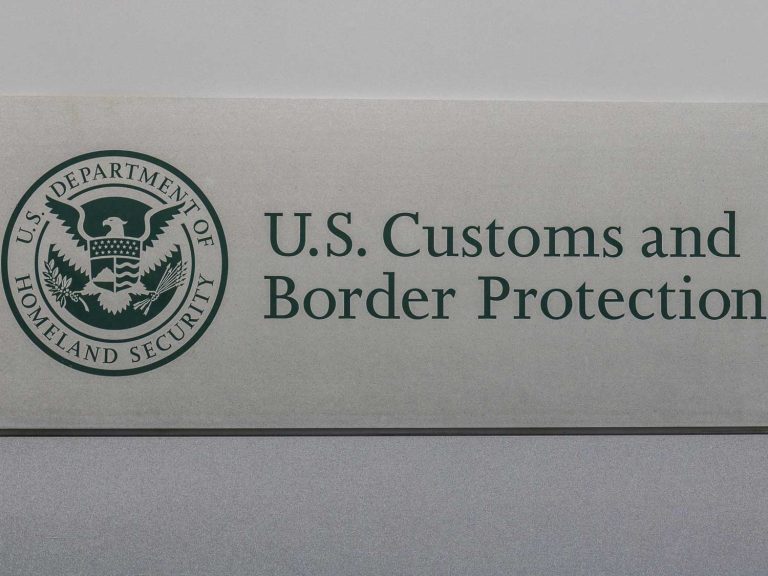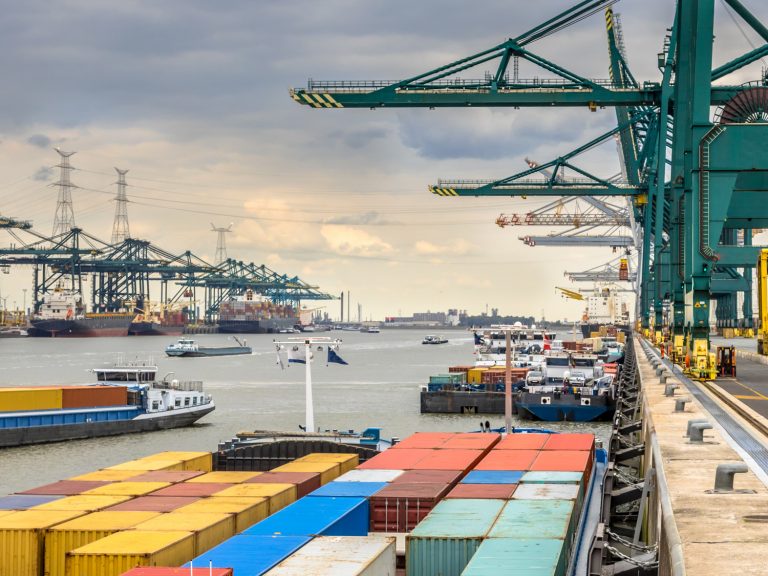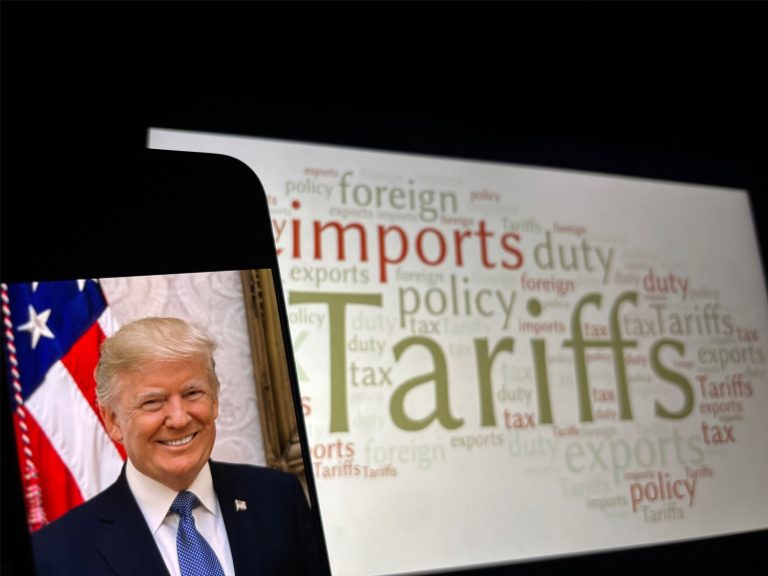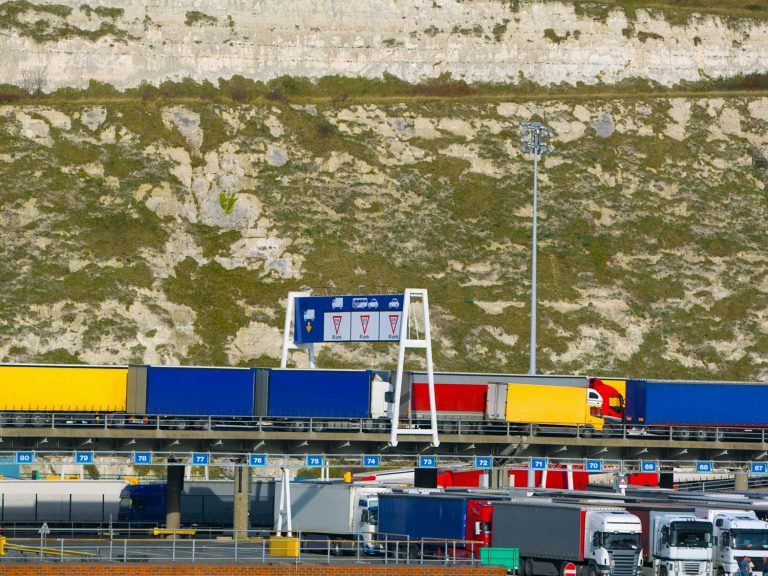Smart 2026 supply chains are being engineered for pressure
Supply chains are no longer judged on efficiency alone, in 2026 they will be expected to anticipate disruption and adapt at speed to actively support growth. The experience of the past year confirmed that stability is no longer a realistic planning assumption, but performance under pressure is.
...
Read more UK supply chain policy is reshaping shipper risk and resilience
Government support for supply chains is increasingly being framed as a matter of national capability rather than short-term intervention. That shift was made explicit in June 2025, when the government’s Modern Industrial Strategy earmarked £600m for logistics sites, signalling that logistics, ...
Read more A year without reset: why 2025 changed how shippers plan for 2026
If 2025 was expected to mark a return to supply-chain stability, it didn’t arrive in a neat, predictable way. But for many shippers, the year still delivered something valuable: a clearer view of what “good” looks like in modern supply chains — not perfection, but performance under pressu...
Read more Weather Disruption Intensifies Across Global Supply Chains
High-impact storms, floods and late-season tropical systems across Asia, Europe and the Americas are no longer isolated shocks: climate-linked weather volatility is increasing in frequency, severity and geographic spread, and is now considered a structural threat to logistics reliability.
Stor...
Read more Sea freight heads into 2026 on a knife edge
Container spot rates are edging higher on the main deep-sea trades as carriers push through GRIs and FAK hikes into December. With blank sailings, worsening weather disruption and the risk of renewed port congestion, the run-up to Chinese New Year 2026 could be particularly challenging.
On Asi...
Read more Significant increases in ocean carrier emissions surcharges for 2026
The cost of complying with Europe’s Emissions Trading System (EU ETS) is rising sharply for container shipping lines, with ETS-linked surcharges set to rise again from 1 January 2026, when the scheme reaches full emissions coverage.
The EU ETS covers CO₂ emissions from large vessels callin...
Read more US Tightens Airfreight Security Rules for 2026
The United States is tightening air cargo security requirements, introducing enhanced data, screening and compliance measures that are expected to add more than $110m in annual costs.
The changes, effective from November, build on the Air Cargo Advance Screening (ACAS) programme, which require...
Read more US Importers Face Mounting Fines as Packaging Contamination Checks Increase
US Customs and Border Protection (CBP) is intensifying inspections on wood packaging materials (WPM), issuing more than 87,000 Agriculture Emergency Action Notifications (EANs) in the last fiscal year.
Heightened enforcement reflects growing concern over pest-contaminated pallets, crates and d...
Read more Belgium’s National Strike Could Trigger Congestion Across Europe’s Port Network
A three-day national stoppage across Belgium’s rail, transport and public sectors this week is set to disrupt freight flows through Antwerp and the wider Benelux logistics corridor, adding fresh strain to a European port network already battling congestion and capacity limitations.
With rail...
Read more Rising Freight Crime Sparks Industry, Government and Police Action
Road haulage operators are on high alert as criminal activity peaks during the dark winter months, with investigations revealing how organised gangs are posing as legitimate operators, buying haulage companies, and infiltrating supply chains to steal trailer loads.
The scale of the threat is e...
Read more Progress and Paralysis in US Trade Policy
After weeks and months of economic tension and political uncertainty, a flurry of developments in early November have reshaped the outlook for US trade and logistics.
From tariff rollbacks to port fee suspensions, and a potential landmark Supreme Court ruling and continuing government shutdown...
Read more France Ends Regime 42: What It Means for Exporters and Why You Should Attend Metro’s December Customs Webinar
France will withdraw Regime 42 from 1 January 2026, removing the VAT simplification that currently allows goods to enter France without import VAT when they are destined for another EU member state.
The ending of Regime 42 has attracted little publicity, but it will directly affect UK exporter...
Read more 




